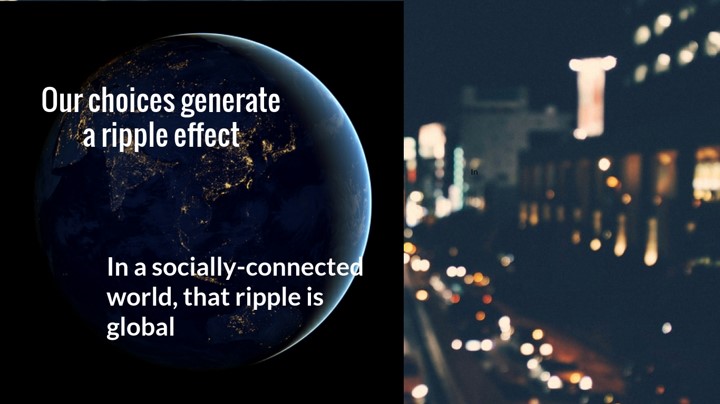By Linda Fisher Thornton
Ethical Thinking and Decision Making require staying grounded in ethical values, but there is much more to do than knowing our values and living them every day through our choices. In Part 1 of this series, I explored the Depth of our thinking, and in Part 2, I broke down issues related to understanding Context. In Part 3, let’s take a look at Complexity.
Embracing Complexity is Part of Leadership
Complexity has become a way of life. To make ethical decisions, we must embrace it and incorporate it into our thinking processes. That means digging into issues until we understand their multiple dimensions, connections, and contradictions. It means being intentional about decision making and avoiding making snap judgments.
Leaders who develop a high level of thinking complexity will be better able to help our organizations understand and work through a wide variety of challenges, problems, and opportunities. They will make sense of issues and problems that are multidimensional and connected. And they will be prepared to do what all great leaders do – help those they lead deal with increasing complexity.
— Linda Fisher Thornton, Dealing With Complexity in Leadership
What Ethical Thinkers and Leaders Don’t Do
- Use oversimplified approaches to understanding complex issues
- Ignore the complexity of an issue because “it’s too hard to figure out.”
- Fall into the trap of only noticing data that conveniently backs up their current beliefs
What Ethical Thinkers and Leaders Do
- Ethical thinkers and leaders know that complexity is part of the leadership sphere and they embrace it
- They look for, notice, and talk about complexity
- They work to find clear and compelling ways to communicate complex issues so that others can understand them
When we ignore complexity, many around us can easily see that we are not operating in reality. They can see that we’re not taking informed action and not solving problems in responsible ways. By embracing complexity, we stay on the path that leads to ethical solutions that work in the real world.
Stay tuned for Part 4 in this series!
Dealing With Complexity? Use Ethical Thinking
Click the cover to read a free preview!
©2019 Leading in Context LLC



1 comment